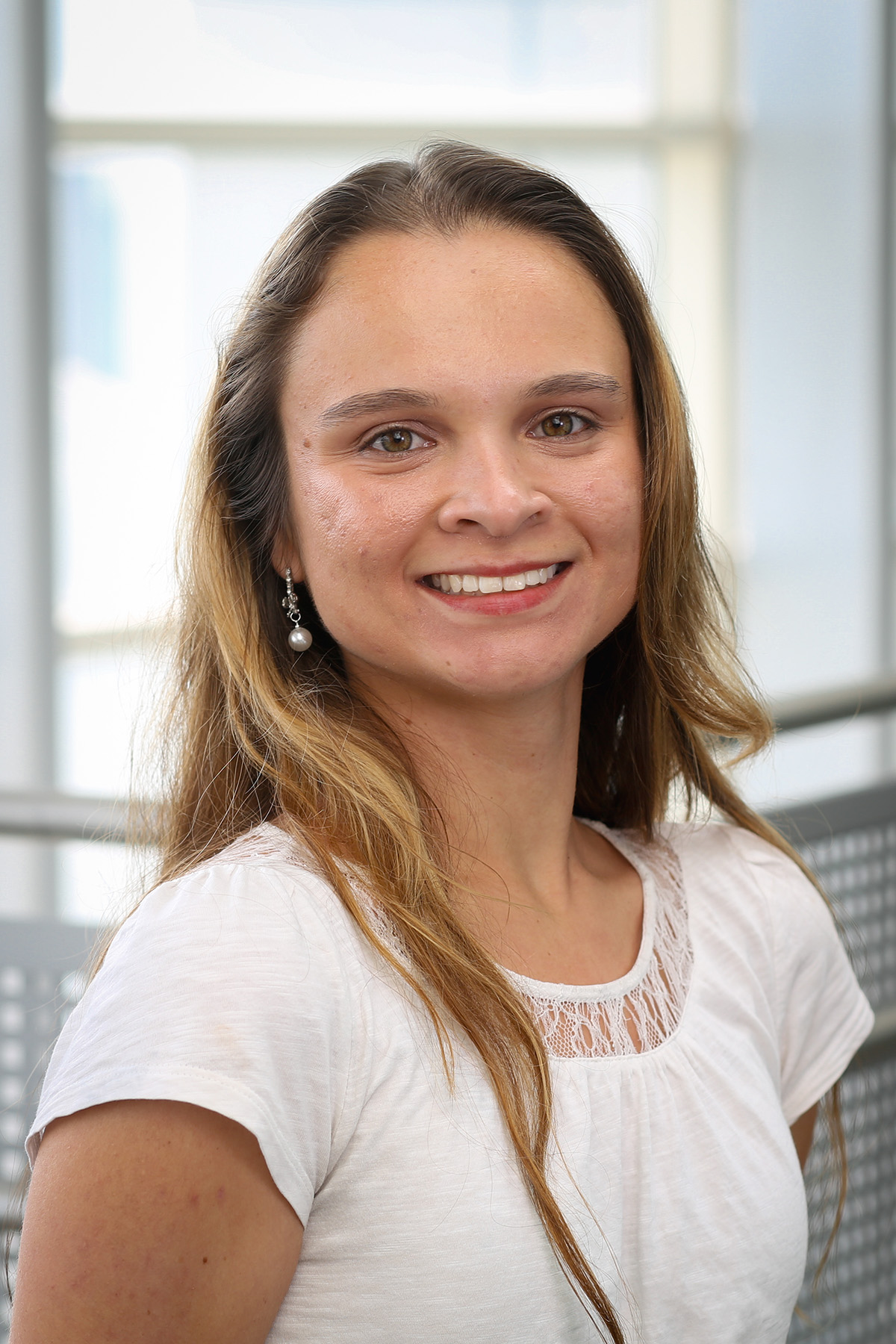May 22 - July 31

An Investigation Into How Forecast Uncertainty Impacts End-User Decisions
Kayleigh A. Baron, Daphne S. LaDue, and Alex Marmo
What is already known:
- End users depend on forecasts to know when to prepare for severe weather
- Many end-users would like more accurate forecasts for their area
- Current forecast models do not provide forecasters with an ability to pinpoint areas of impact
- End-users are skeptical about forecasts given their experiences with null events
- How distrust in forecasts affects decision making during severe weather events is not fully understood
What this study adds:
- This study is the only one we know of that interviewed SPC forecasters, WFO forecasters, and end-users
- There is a connection between forecaster uncertainty and end-user uncertainty
- Forecaster certainty was found to correlate with higher end-user confidence levels
- The NWS is a highly-trusted weather source among end-users because of their expert interpretation of model forecasts
Abstract:
Most end-users are somewhat skeptical about weather forecasts. At times, forecasters can also be a bit unsure how to make sense of the predictions they are seeing, or how to set the best alert for the conditions on their monitor. This uncertainty on the part of end-users is typically explained by experiences of null events. Forecasters may feel uncertain because of the uncertainty of images on a model forecast, and pinpointing the exact area it will occur. The findings indicate that forecaster confidence levels do indeed impact the confidence of an end-user. A personal relationship between forecasters and their local end-users can greatly raise the confidence level of the end-user. In addition, when forecasters recommend just being vigilant in monitoring developing conditions, end-users do that too. Overall, SPC confidence can be a good indicator of WFO and end-user confidence in expecting how severe the event will be, and how much preparation they should begin.